Navigating Dyslexia: Understanding, Intervention, and Empowerment

|
Published on Jan 26, 2024 : 4 min read


|
Published on Jan 26, 2024 : 4 min read

When faced with the daunting task of understanding learning differences, particularly dyslexia, it's easy to feel overwhelmed. This blog aims to simplify the information available and guide those navigating this journey, whether you're a parent, educator, or personally affected by dyslexia.
"Explicit teaching of alphabetic decoding skills is helpful for all children, harmful for none, and crucial for some"
Dyslexia is more than just a challenge with reading; it's a specific neurobiological learning disability. The International Dyslexia Association defines it as a condition characterized by difficulties with accurate and fluent word recognition, poor spelling, and decoding abilities, often due to a deficit in the phonological component of language. This means that dyslexia isn't just about struggling to read but also encompasses difficulties with spelling, writing, and pronouncing words.
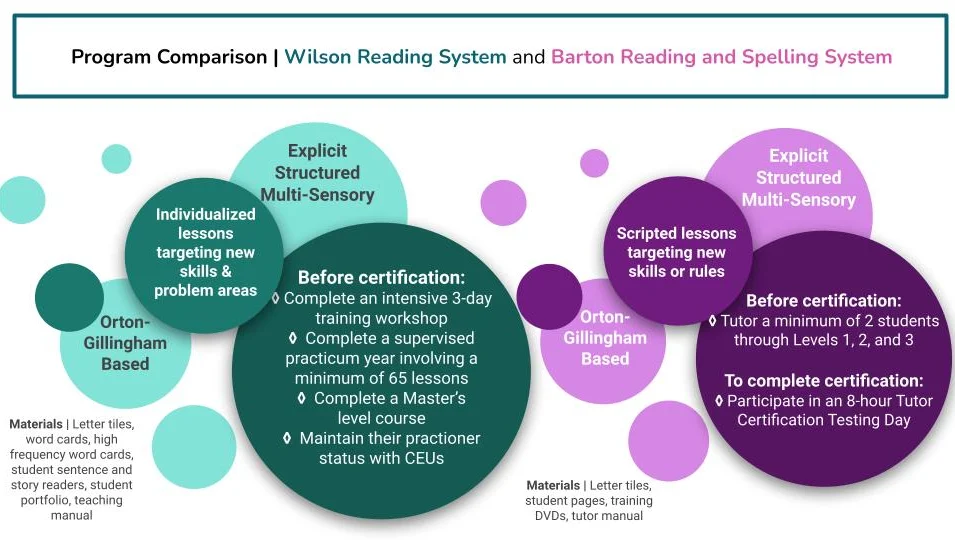
The Wilson Reading System (WRS) is at the forefront of dyslexia intervention, designed as a comprehensive Tier 3 program to explicitly teach the structure of the English language related to reading and spelling. WRS is grounded in research and addresses critical areas such as:
And more, making it an invaluable tool in supporting individuals with dyslexia.
Individuals with dyslexia might exhibit various signs, including:
These symptoms can lead to broader academic challenges, affecting reading comprehension, spelling, writing, and math skills.
It's crucial to debunk common myths about dyslexia. It is not a reflection of intelligence or related to vision problems. Dyslexia cannot be "cured," but with the proper support, individuals with dyslexia can achieve great success.
With many programs claiming effectiveness, it can take time to select the right one. Here are vital factors to consider:
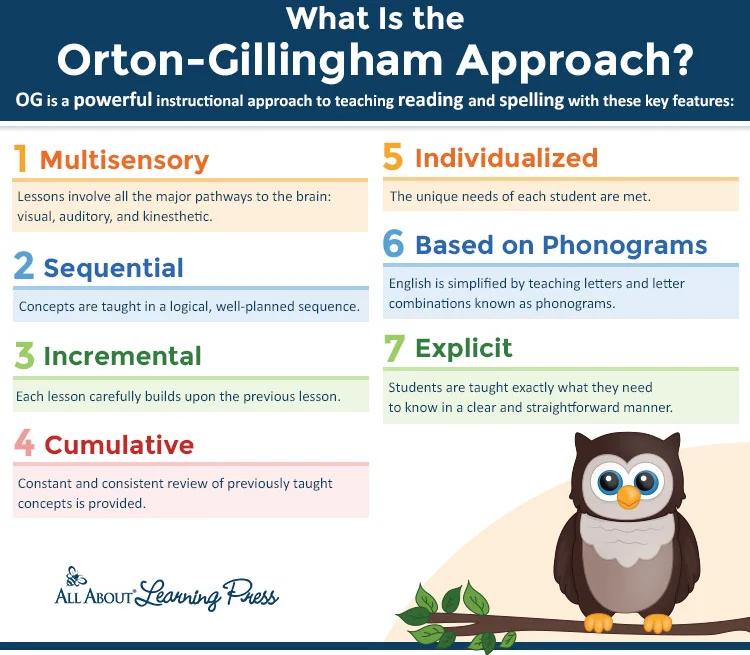
The gold standard for dyslexia intervention is the Orton-Gillingham (OG) approach. OG programs are tailored for students with learning differences and are scientifically proven to be effective. They are multisensory, sequential, incremental, cumulative, individualized, based on phonograms, and explicit in instruction.
Ensure the program you choose is backed by solid research. While new programs frequently emerge, not all have the empirical support to guarantee their effectiveness. For example, the Wilson Reading System (WRS) is based on the OG approach and has a proven track record of success.
The instructor's qualifications are as essential as the program itself. Look for tutors with Wilson Level 1 or Level 2 certification or those actively undergoing their practicum. A quality tutor will prioritize building a rapport with their student and should have the following:
While a diagnosis of dyslexia can initially feel daunting, understanding the condition and knowing what to look for in intervention programs can empower you to make informed decisions. Remember, "Explicit teaching of alphabetic decoding skills is helpful for all children, harmful for none, and crucial for some" (Snowling, Hulme, Snow, and Juel). Whether your student has been diagnosed with dyslexia or not, targeted intervention can significantly aid any child struggling with reading or writing.
If you're seeking expert guidance and support tailored to your student's unique needs, don't hesitate to contact LD Experts. Our team is dedicated to providing effective, research-driven solutions that can make a real difference in your child's learning journey. Reach out today to learn more about how we can help.
Dyslexia is a neurobiological learning disability characterized by difficulties with accurate and fluent word recognition, poor spelling, and decoding abilities. It's related to a deficit in the phonological component of language, affecting reading, spelling, writing, and pronunciation skills.
Dyslexia cannot be "cured," as it is a lifelong condition. However, with appropriate intervention and strategies, individuals with dyslexia can significantly improve their reading and writing skills and succeed academically and professionally.
Dyslexia is diagnosed through a comprehensive evaluation that typically includes cognitive and psychological assessments and tests specifically designed to identify reading, spelling, and phonological processing difficulties.
The Wilson Reading System (WRS) is a research-based intervention program designed to explicitly teach the structure of the English language, including reading and spelling rules, vocabulary, and comprehension strategies, tailored for individuals with dyslexia and other reading difficulties.
When selecting an intervention program, look for research-driven ones based on the Orton-Gillingham approach and delivered by certified professionals. Programs like the Wilson Reading System, which are multisensory, sequential, and individualized, are often recommended.
There are numerous resources available for parents and educators, including organizations like the International Dyslexia Association, educational websites, support groups, and professional services like LD Experts that offer guidance, training, and intervention programs.
LD Experts provide specialized services for individuals with dyslexia and other learning differences, including assessments, personalized intervention plans, and tutoring by certified professionals. They are dedicated to empowering students through evidence-based practices and supportive instruction.
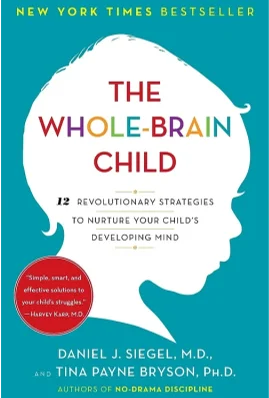
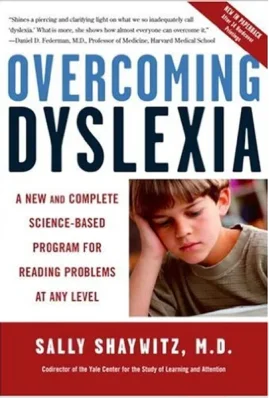

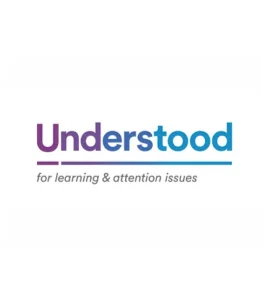
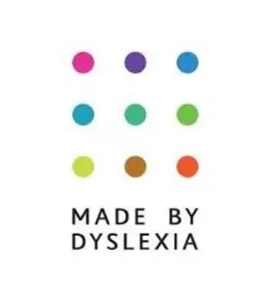
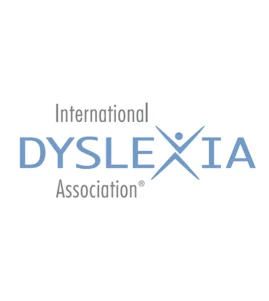
Looking for personalized support for your child's learning journey?
Our tutoring and dyslexia intervention services are tailored to students with learning differences. Whether it's reading, writing, or other challenges, our team offers one-on-one guidance.
Start with a consultation!Stay updated with our latest blog posts.
Cart